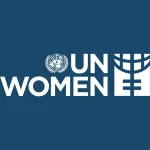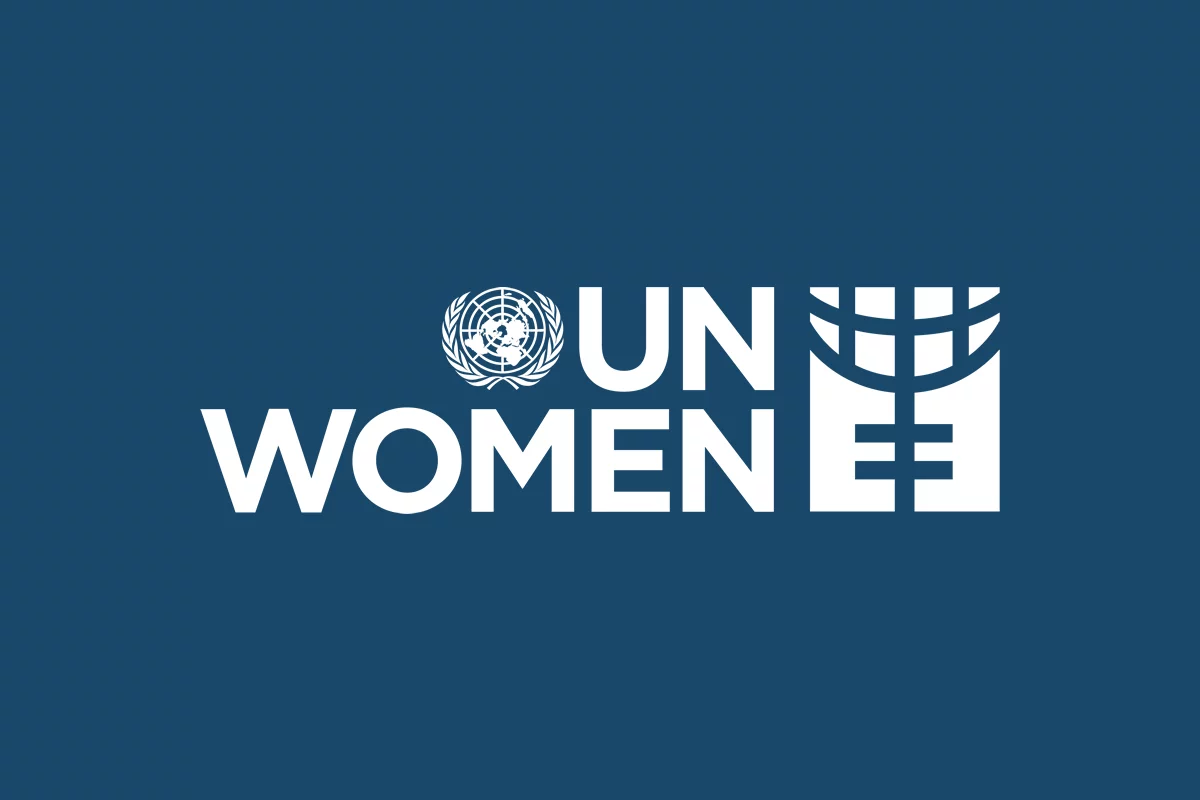
Barbara Bako, Abuja
The Presidential Fiscal Policy and Tax Reforms Committee (PFPTRC) has proposed harmonisation of taxes and levies collectable by the three tiers of government into eight categories.
Chairman of the committee, Mr. Taiwo Oyedele, said the proposed streamlining of taxes sought to make tax administration modern, simple, and adaptive, as well as growth enabler.
Mr. Oyedele while speaking at a public consultation workshop for journalists and public analysts with the theme, “Proposed Changes to the National Tax Policy, Tax Laws and Administration,” in Abuja, also urged the federal government to adopt an exchange rate of N800 per dollar for customs import duty.
He expressed concern over the import duty rate, which constantly changed due to the volatility of the foreign exchange (FX) market, adding that this does not allow for adequate planning by businesses.
The proposed list of harmonised taxes and levies included income tax, property tax, Value Added Tax (VAT), customs duties, excise tax, stamp duties, special levy, and harmonised levy.
Oyedele said, “The principles that we are working with is to do away with nuisance taxes with very low revenue yield, high cost of collection and ultimate burden on the poor and small businesses.
“We are focusing on high revenue yielding taxes that are broad-based and relatively easy to collect by merging taxes and levies that are imposed on the same or substantially similar tax base and keep the total number of taxes across all level of government to a single digit.”
He said the committee further recommended the institutionalisation of tax harmonisation reforms to ensure its sustainability.
Oyedele explained that the committee had consolidated the education and police taxes under special levy, adding that “we introduced the special levy with just one rate and we take out all those other taxes”.
He said the Harmonised Tax Levy (HTL), which comprised road and market taxes, was meant to cater for the local governments.l
The Chairman also said, “We have reduced the rates for businesses producing goods and services because their margins are very small.
“We have created exemptions for manufacturers. So, if you are manufacturing anything, do not worry about withholding tax.
“We have put measures to curb evasion. These are part of the reforms that we have introduced in withholding tax regulation that has just been approved.”
The committee further recommended that any extra revenue incurred by government should be used to pay down its Ways and Means borrowing from the Central Bank of Nigeria (CBN).
It also urged the federal government to use some portion of banks’ Cash Reserve Ratio (CRR) to provide concessionary interest rates at a single digit for manufacturers.
Oyedele said the overall objective of the reform initiative included the protection of the poor and vulnerable businesses that were merely trying to survive from tax burdens.
He said, “It has been said a million times that our money is in the informal sector, but let me say to you that we have done our analysis, and we have the data and the evidence, and it does not support that assertion.
“Our money is not in the informal sector – 95 per cent of them are not going to bear any tax burden in any form. The money that we are looking for is in the middle, upper and elite classes.
Oyedele said it was regrettable that the “people paying the taxes in Nigeria are the helpless ones while those with the power and resources do not want to pay and we allowed that to continue”.
The Chairman also disclosed that Committee has proposed an exemption of manufacturers and farmers from paying withholding tax as a way of reducing the tax burden on businesses.
According to him, withholding tax is the most difficult to comply with in Nigeria due to its complexity.
He said, “We set out the objectives of what we want to do with withholding tax regulation. One of them is to simplify the tax. We want to reduce the burden on businesses, promote competitiveness, equity and ease of compliance and tax avoidance, detect tax evasion and reflect what is happening globally”
READ ALSO:DBN, GIZ partner on equipment leasing to boost MSMEs
“We are creating an exemption for withholding tax for small businesses and what we have in mind is N50 million. We have reduced the rate for real businesses to as low as 2%- people producing goods and services because the margins are very small.”
”We have reduced the rate for real businesses to as low as 2%- people producing goods and services because the margins are very small.”
“We have created an exemption for manufacturers- so if you are a manufacturer, don’t worry about withholding tax. If you provide input to manufacturers like farmers, don’t worry about withholding tax”
He explained that the proposal had already been signed and would be made public in a few days.
Furthermore, the chairman noted that for businesses not registered with the Corporate Affairs Commission (CAC), tax agents should deduct 200% of the normal tax rate for them for non-registration as a check to make companies and businesses register.








